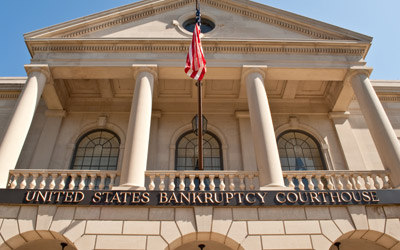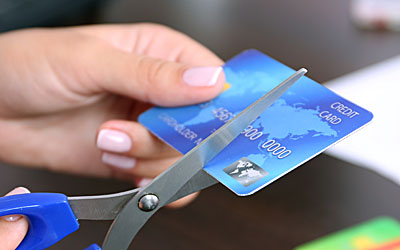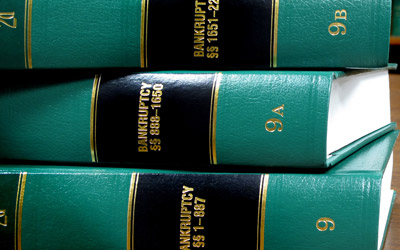FAQ'S
1. What is a payday loan?
Having filed almost two thousand bankruptcy cases, I have seen many of my clients get caught up in the vicious trap of having payday loans. I have regularly come across many clients who end up with massive debt caused from oppressive payday loans. Payday loans simply financially drain and ruin a person. Moreover, the stress caused by payday loans also wreck the mental health of the debtor as well. There are countless ads and offers for payday loans everywhere. The advertisements on the radio, television, the internet, and even those in the mail promise to “help you out” when you need it the most. Unfortunately, these loan sharks are ripping you off because they are charging upwards of 700% or more interest in most cases. Most payday loans have such unreasonable interest rates that once the process begins, it often becomes a vicious cycle of that is very tough to stop. It is very similar to getting hooked on drugs. Once you start then it is very hard to stop.
A payday loan is a small, short-term, high-rate loan which is a very expensive form of obtaining credit. A check cashing company, check casher, or a finance company will make a payday loan without a credit check. They bridge a borrower’s need for cash in between their paydays and claim to be an easy solution for desperate people in need. Payday loans are also referred to as cash advance loans, check advance loans, postdated check loans, or deferred deposit check loans.
2. How do payday loans work?
A typical example as to how a payday loan works is as follows; a person goes into a check cashing store and writes out a postdated personal check for $140 to the check cashing store. The $140 amount is in order to borrow $100 for a two week period. The check cashing store in turn holds the check until the borrower’s next payday which is two weeks later. When the end of the two week period arrives, the check cashing store deposits the personal check and makes $30 in profit for the two week loan of $100. In this case, that would mean that the check cashing store charged the equivalent of a 700% annual interest rate.
Now if that seems at all excessive then consider the even more costly opportunity to “refinance” so generously provided by the check cashing company at time when the loan is due. A borrower usually has the option to either pay the entire amount which would be $140 utilizing the example above or the borrower can pay a so-called fee ($40) to extend the loan for another two weeks. So, in this case, the borrower would pay $80 to borrow $100.00 for a total of four weeks.
3. What are the dangers with payday loans?
Many hard-working Americans who live paycheck to paycheck can sometimes become hooked on payday loans once they start the process. Many cash strapped American’s end up taking one loan after another. Eventually, they come to a point where what started out as a simple $100 short term loan, has turned into a debt of $1,000 or more in a very short period of time. Ultimately, these hard-working Americans are unable to pay the money back. All too often these debtors will have more than one payday loan, and they will be forced to borrow from one to pay the other. Thus, ultimately most of the payday loan debtors can’t keep up with these loans, and their financial world will crash and burn.
4. Is bankruptcy a solution to payday loans?
A bankruptcy certainly can be an option for an overwhelmed debtor with payday loan debt. Payday loans and the interest or fees that are associated with them are almost always dischargeable in a bankruptcy. Don’t let payday loans drain away all of your hard-earned paychecks. If payday loans and unscrupulous lenders are holding you and your family hostage then you should consider filing for bankruptcy. The bill collectors for payday loans are the most ruthless and unethical in the debt collection world. They routinely threaten debtors with bad check charges and jail if the payday loan is not paid off. Bankruptcy can “nuke” these unscrupulous debt collectors into oblivion.






